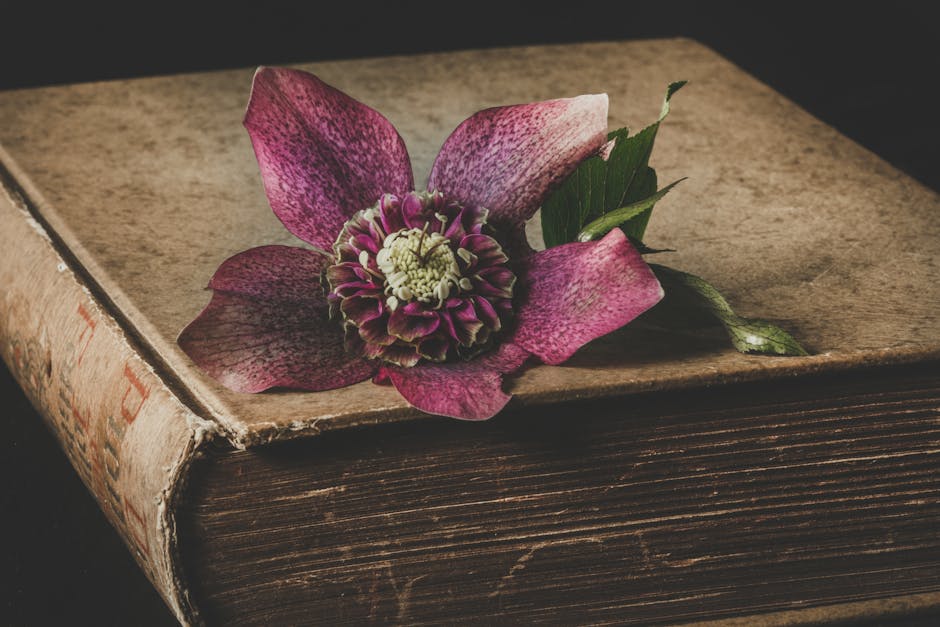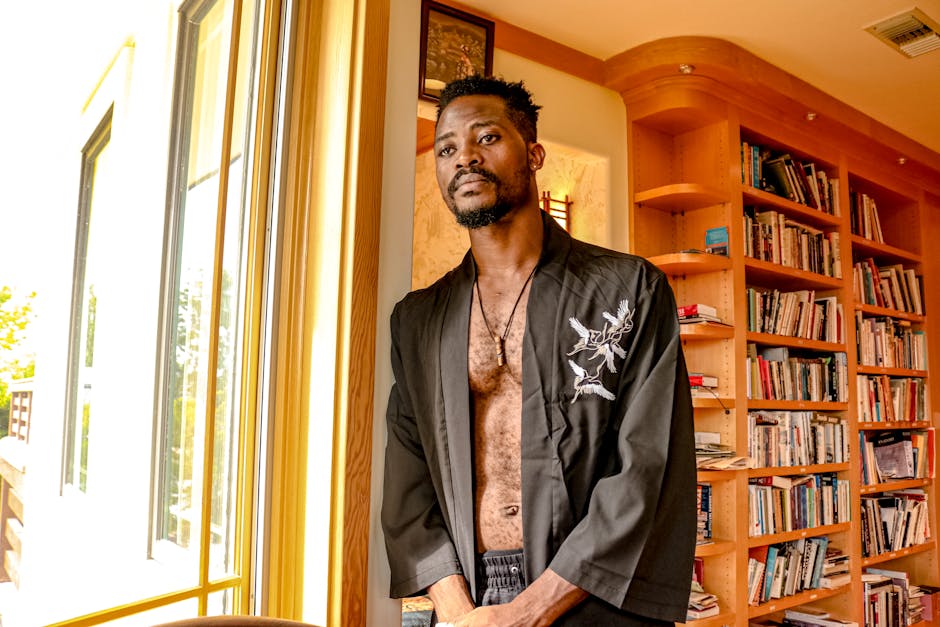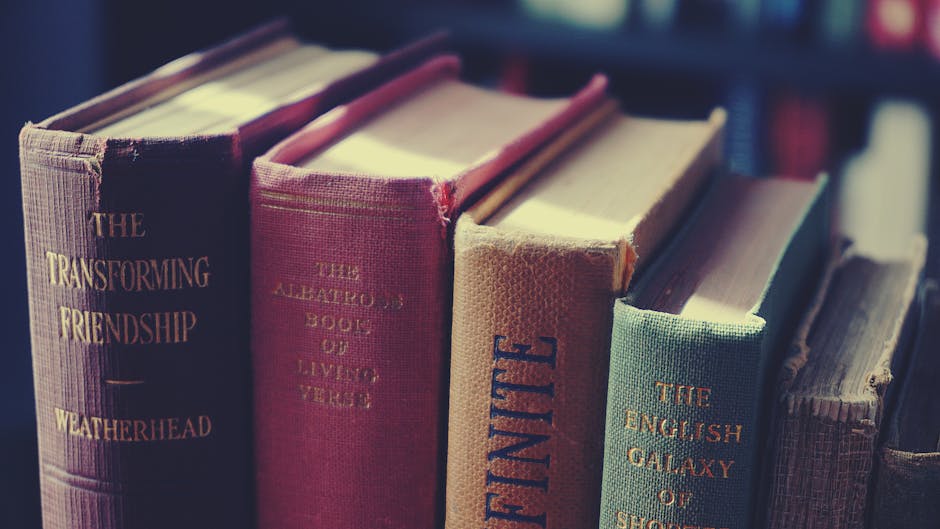Must-read classics are more than just books—they are the foundation of literary tradition and personal growth. At Litivo, we believe that letting stories evolve with you means engaging with novels that have stood the test of time, challenged readers’ perspectives, and illuminated the human experience. Whether you’re a lifelong bibliophile or just beginning your journey through literature, these must-read classics are essential companions that will enrich your life for years to come.
Why Must-Read Classics Matter

Classic literature is not simply a relic of the past; it is a living conversation between generations. These works have endured for a reason, offering insights into universal themes like love, justice, identity, and the struggle for meaning. Must-read classics are those novels that continue to resonate because they capture the complexities of human nature and society in ways that remain relevant, regardless of the era.
Reading classics fosters empathy, critical thinking, and cultural awareness. They invite us to walk in the shoes of characters from different times and places, sparking reflection and debate. From the social satire of Jane Austen’s Pride and Prejudice to the searing critique of the American Dream in F. Scott Fitzgerald’s The Great Gatsby, these books challenge us to question our assumptions and grow as individuals. In a world of constant change, must-read classics serve as anchors, reminding us of the enduring power of stories to shape who we are.
The Essential Must-Read Classics List

Photo by Diana Smykova on Pexels
Choosing which classics to read can be overwhelming, but some novels have earned their place on every essential reading list. Here are a few must-read classics that belong on every bookshelf:
- Pride and Prejudice by Jane Austen – A witty exploration of love, class, and social expectation in Regency England, this novel remains a touchstone for its sharp dialogue and enduring characters.
- To Kill a Mockingbird by Harper Lee – Through the eyes of Scout Finch, this Pulitzer Prize-winning novel tackles racism and moral growth in the American South, challenging readers to confront prejudice and injustice.
- The Great Gatsby by F. Scott Fitzgerald – Set in the Jazz Age, Fitzgerald’s masterpiece dissects the illusions of wealth and romance, questioning whether the American Dream is attainable or inherently flawed.
- Don Quixote by Miguel de Cervantes – Often called the first modern novel, this Spanish classic follows the misadventures of an idealistic would-be knight, blending humor, tragedy, and profound philosophical questions about reality and imagination.
- Wuthering Heights by Emily Brontë – A dark, passionate tale of love and revenge set on the Yorkshire moors, this novel is celebrated for its innovative structure and psychological depth.
- Anna Karenina by Leo Tolstoy – A sweeping epic of love, betrayal, and society in 19th-century Russia, Tolstoy’s novel is renowned for its rich characterizations and exploration of existential themes.
- One Hundred Years of Solitude by Gabriel García Márquez – This landmark of magical realism chronicles the rise and fall of the Buendía family, blending myth and history to explore the nature of time and memory.
- Great Expectations by Charles Dickens – Dickens’ tale of ambition, love, and redemption follows the orphan Pip as he navigates the rigid social hierarchy of Victorian England.
These must-read classics are just the beginning. Each offers a unique window into the concerns and dreams of its time, yet their themes continue to echo in our own lives.
How Must-Read Classics Influence Modern Storytelling

Photo by cottonbro studio on Pexels
The impact of must-read classics extends far beyond their original publication. Contemporary writers often draw inspiration from these enduring works, reimagining their themes, characters, and settings for new audiences. The archetypes and narrative structures established in classics like Don Quixote or Pride and Prejudice have become templates for countless modern novels, films, and television series.
For example, the social commentary and wit of Jane Austen can be seen in romantic comedies and dramas today, while the existential questions raised by Tolstoy and Dostoevsky continue to inspire literary fiction and philosophical discourse. Even genres like fantasy and science fiction owe a debt to the narrative experimentation and imaginative scope of classic literature. By reading must-read classics, you gain a deeper appreciation for the roots of storytelling and the ways in which literature evolves to reflect changing times and values.
Moreover, these novels often serve as cultural touchstones, referenced and reinterpreted in everything from political speeches to pop culture. Their influence ensures that the conversation between past and present remains vibrant, keeping classic stories alive and relevant for each new generation.
Tips for Reading and Enjoying Must-Read Classics

Photo by Ylanite Koppens on Pexels
Approaching must-read classics can be daunting, especially if the language or historical context feels unfamiliar. However, with a few strategies, you can unlock the richness and pleasure these books have to offer:
- Start with accessible classics: If you’re new to classic literature, begin with novels known for their engaging plots and relatable characters, such as Pride and Prejudice or The Great Gatsby.
- Use annotated editions: Many classics come with helpful notes that explain historical references, archaic language, and cultural context, making the reading experience smoother.
- Read slowly and reflectively: Take your time with the text, pausing to consider the themes and motivations of the characters. Journaling your thoughts or discussing with others can deepen your understanding.
- Embrace different formats: Audiobooks and e-books can make classics more accessible, especially for busy readers or those who prefer to listen while commuting or exercising.
- Join a reading group: Sharing your experience with others can provide fresh perspectives and motivation to tackle more challenging works.
Remember, reading must-read classics is not about checking off a list but about building a lifelong relationship with stories that have shaped the world. Let them evolve with you, offering new insights and pleasures each time you return to their pages.
Must-Read Classics for Every Stage of Life

Photo by Lorenz Josef Torres on Pexels
One of the remarkable qualities of must-read classics is their ability to speak to readers at different points in their lives. As you grow and change, your understanding of these novels deepens, revealing new meanings and resonances. Here are some suggestions for classics to explore at various stages:
- Young adulthood: Novels like Jane Eyre by Charlotte Brontë or The Catcher in the Rye by J.D. Salinger capture the challenges of self-discovery and independence.
- Adulthood: Works such as Anna Karenina or Middlemarch by George Eliot delve into the complexities of love, ambition, and moral responsibility.
- Later life: Classics like King Lear by William Shakespeare or Remembrance of Things Past by Marcel Proust offer meditations on memory, loss, and the passage of time.
No matter where you are on your journey, there is a classic novel waiting to accompany you, offering wisdom, comfort, and challenge. At Litivo, we encourage you to revisit these works often and let their stories evolve alongside your own.
Building Your Own Must-Read Classics Library

Curating a personal library of must-read classics is a rewarding endeavor that can last a lifetime. Begin by selecting a few titles that intrigue you, whether for their reputation, themes, or personal recommendations. Consider exploring different genres and cultures to broaden your literary horizons. As you read, reflect on which novels resonate most deeply and why—they may become touchstones you return to again and again.
Don’t be afraid to challenge yourself with more complex or lesser-known works. Part of the joy of reading classics is discovering hidden gems and forming your own opinions about what makes a novel truly timeless. Over time, your library will become a reflection of your unique tastes and intellectual journey, a testament to the stories that have evolved with you.
Remember, the world of must-read classics is vast and ever-expanding. Let curiosity be your guide, and allow each book to open new doors of understanding and imagination. At Litivo, we celebrate the power of these enduring works to connect us across time and culture, reminding us that great stories are always evolving—just like us.
Sources
- https://thegreatestbooks.org
- https://www.penguin.co.uk/discover/articles/100-must-read-classic-books
- https://www.britannica.com/list/12-novels-considered-the-greatest-book-ever-written
- https://www.panmacmillan.com/blogs/classics/classic-books-to-read-before-you-die
- https://forthejoyofbooks.com/easy-to-read-classics/





